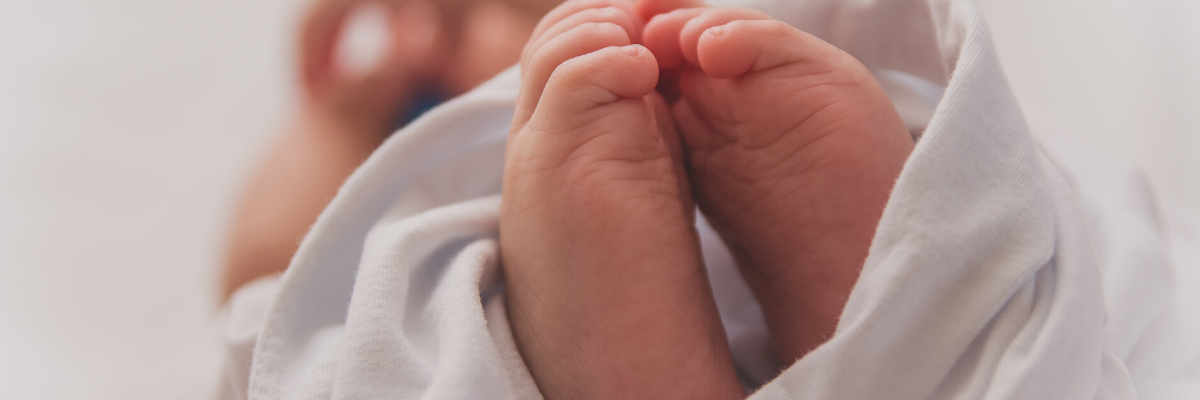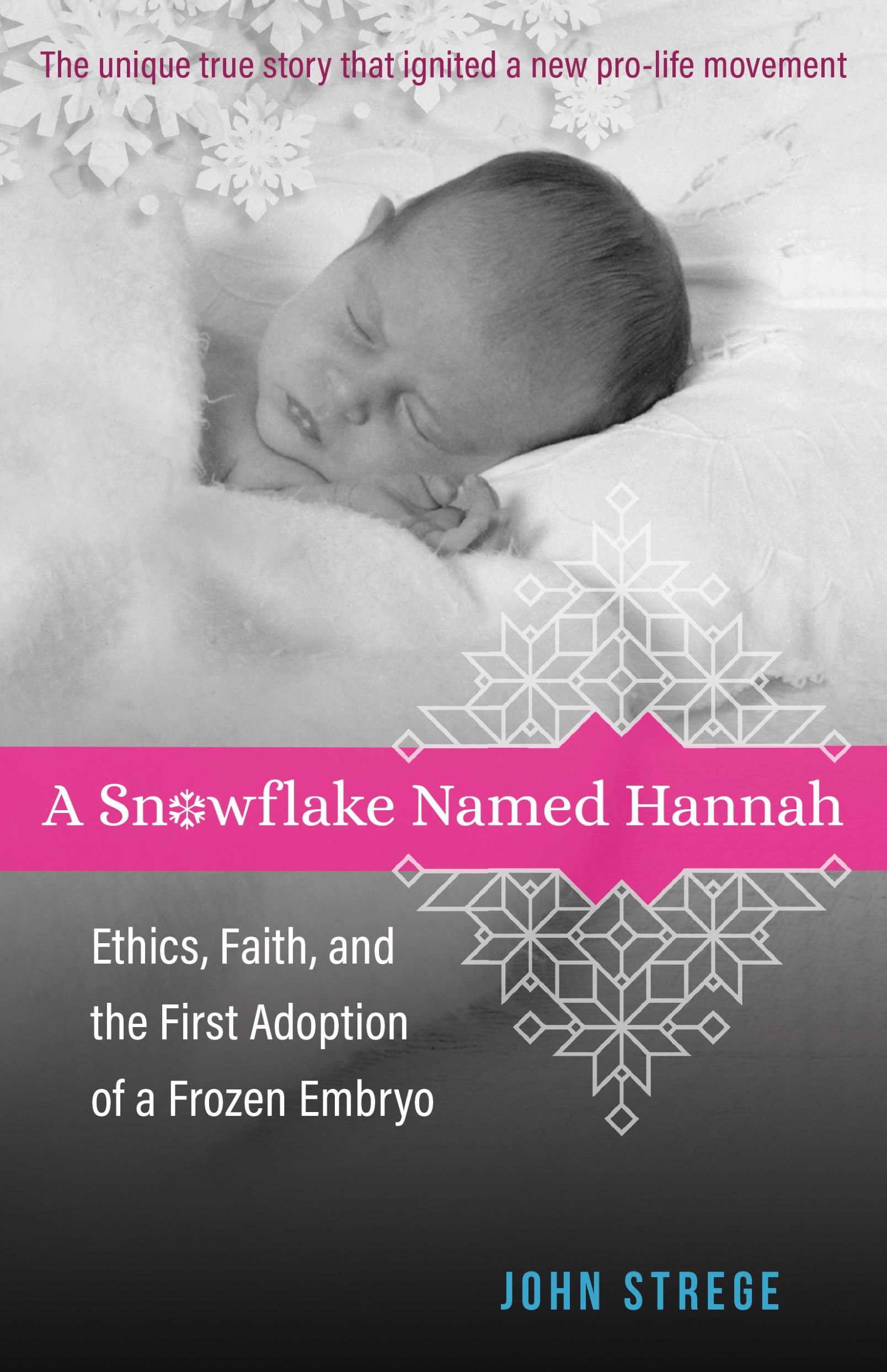
When we learned that we wouldn't be able to have a child, we were devastated. Then my wife Marlene asked the question that would change our lives: Can frozen embryos be adopted? The answer not only gave us our beloved daughter Hannah, it drew all three of us into a political spotlight that we never expected. We would eventually join the official fray over embryonic stem cell research in 2001. But we had already begun supporting the movement against federal funding of embryonic stem cell research in 2000.
When Human Life Advocates Inc., the advocacy affiliate of the Christian Legal Society’s Center for Law and Religious Freedom, asked us to be plaintiffs in a lawsuit, we agreed.
Throughout this process, Marlene had begun frequent correspondence with Samuel B. Casey, a Christian attorney prominent for his relentless defense of the sanctity of human life and notably active on behalf of ethical stem cell research that did not include the destruction of human embryos. He quickly recognized that Marlene’s passion on this subject matched his own, as did her eloquence in defending the pro-life position. When the House of Representatives scheduled a subcommittee hearing in advance of President Bush making a decision on federal funding of embryonic stem cell research, Casey implored Marlene to testify. He noted that politics involves real-life stories, that it’s difficult to attract political attention without putting a human face to the issue. Hannah was that human face.
Marlene initially was hesitant only because, beyond friends and family, we had not revealed Hannah’s story except with pseudonyms. She told Mr. Casey that should she agree to testify, she preferred not to do so alone, and in the meantime, she would pray about it.
We can’t say unequivocally that a VeggieTales video influenced her decision, but neither can we say it didn’t. Hannah had been introduced to the Christian cartoon series, and we quickly developed a library of VeggieTales videos. One of them was Esther, the Girl Who Became Queen, a story based on the book of Esther in the Bible. Marlene was watching it with Hannah one day. In the story, Esther wondered why she had become queen, and her cousin, Mordecai, told her God had put her in that position for a reason. Mordecai sang, in rhyme, that we need not fear anything, that God would guide us and guard us.
Cartoon or not, those words were timely and biblical, and they found an attentive target in Marlene, who jotted them down. She called Dr. Dobson to get his opinion on whether she should testify to the subcommittee. At the end of their conversation, he said what she needed to hear, echoing the story of Esther: “Marlene, it appears the Lord has prepared you for such a time as this. I have two words for you: do it!”
We did not seek this fight, but neither was it one in which we were willing to cede responsibility to others. We are pro-life Christians who believe life begins at conception, and unwittingly, we were at the fore of an embryo adoption movement that began to allow countless other embryos in frozen storage to be given the same opportunities that Hannah had. We were obligated to make a stand on behalf of those who cannot speak for themselves, as the Bible instructs us to do, and we agreed to do so.
 This article was adapted from A Snowflake Named Hannah by John Stege. The book is:
This article was adapted from A Snowflake Named Hannah by John Stege. The book is:
- A compelling story of the ethics and faith involved in the first adoption of a frozen embryo.
- For Pro-life Christians, those who have experienced infertility or know those who have, and anyone concerned with where science can lead when moral and ethical concerns are ignored.
- The story of the little girl that inspired the first frozen embryo adoption program,was featured on Focus on the Family, attended her mother's testimony in Congress, and stood at President Bush's side as he vetoed federal funding for embryonic stem cell research.

